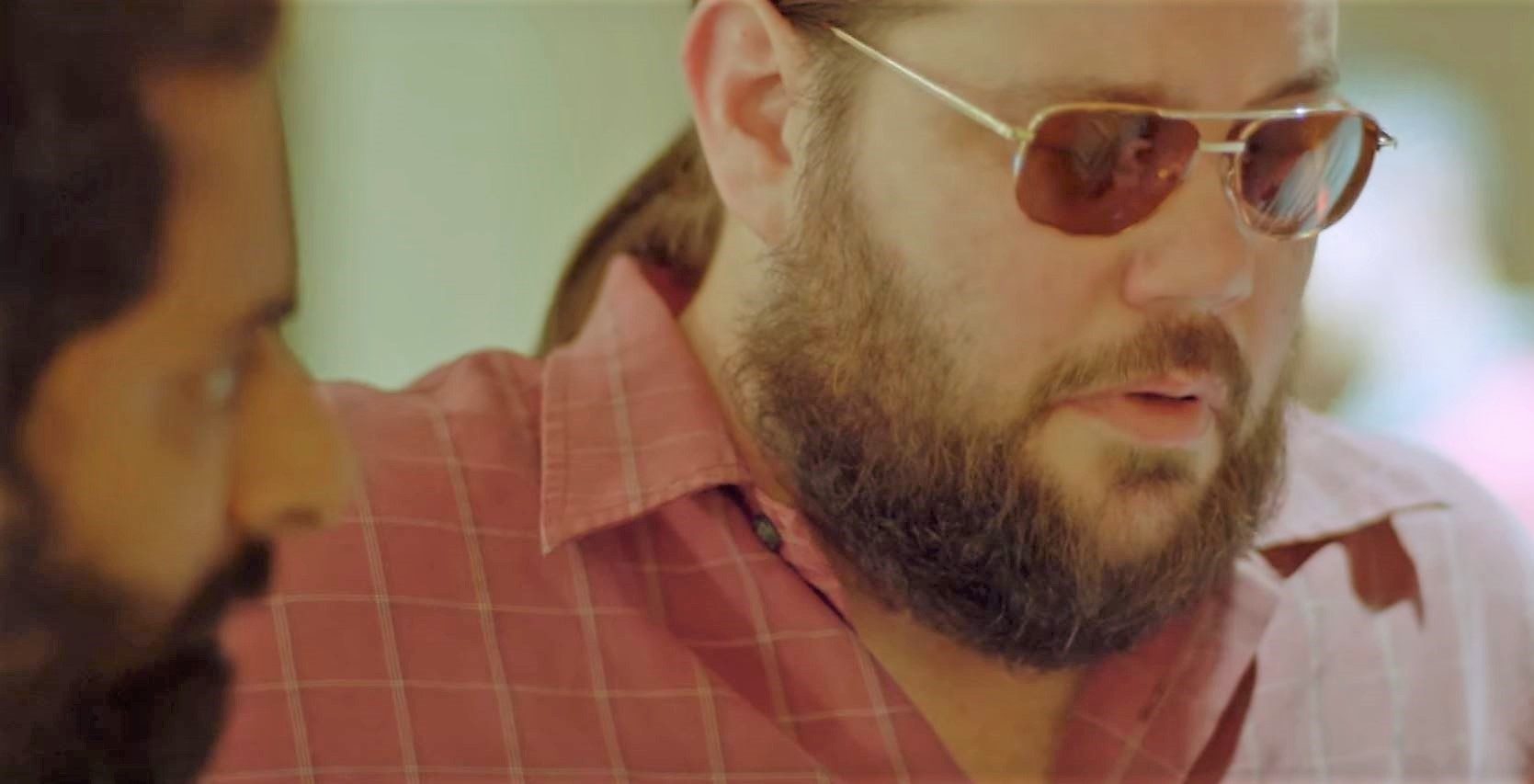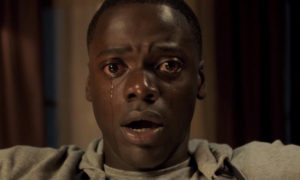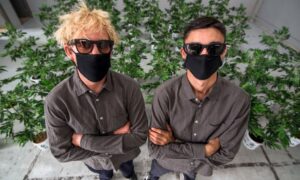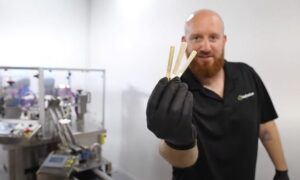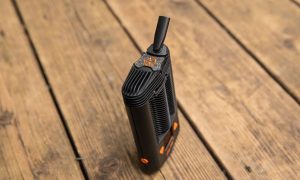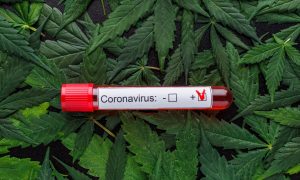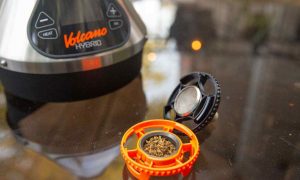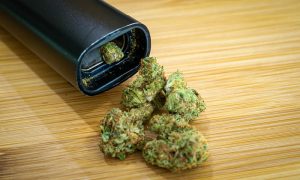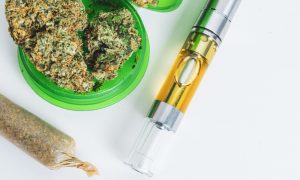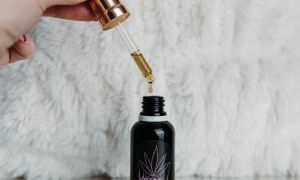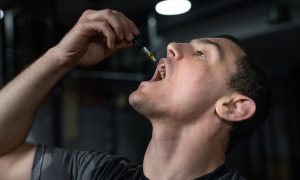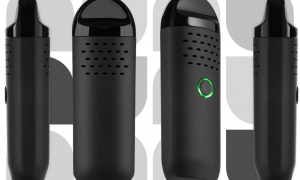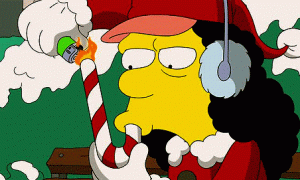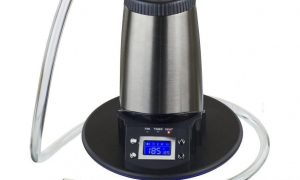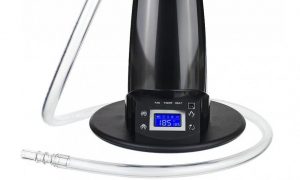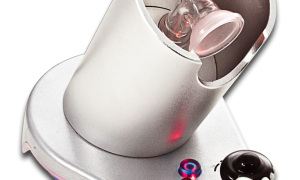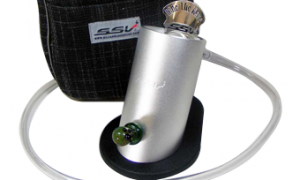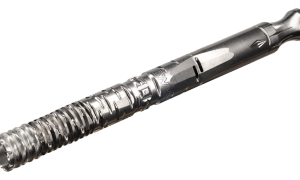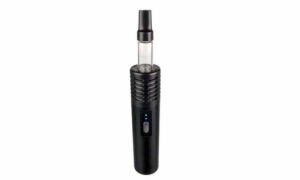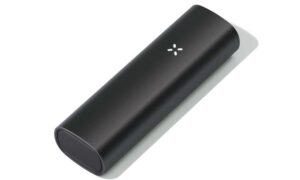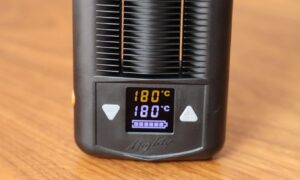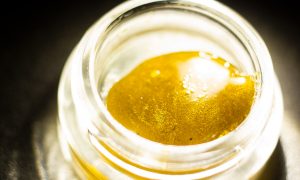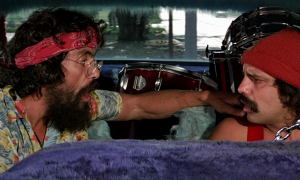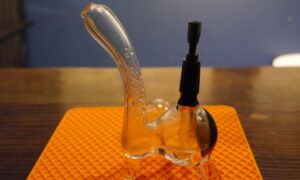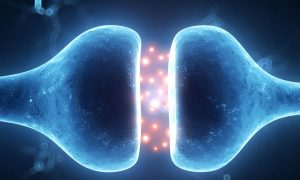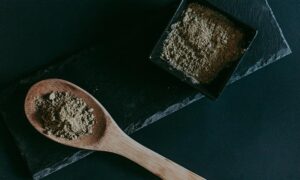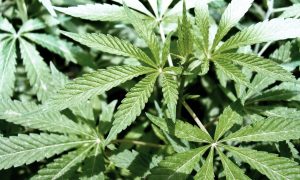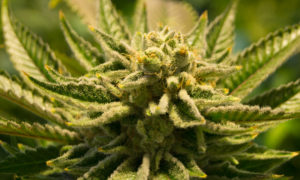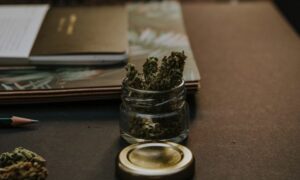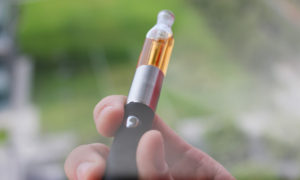American general Douglas MacArthur described a serviceman’s relationship to war as the following: “The soldier above all others prays for peace, for it is the soldier who must suffer and bear the deepest wounds and scars of war.”
MORE: Review of Weediquette ep 1 – Stoned Kids
The second episode of Weediquette affirms this sentiment as it documents the challenges that veterans suffering with post-traumatic stress disorder face.
Questioning the role cannabis could play in alleviating some of these debilitating symptoms, in “Stoned Vets” Vice correspondent Krishna Andavolu meets with several veterans as they share their traumatic experiences in war. The grim clarity of their recollections is profound, with one veteran describing his time serving in Iraq: “Mortar attacks on us all the time, roadside bombs or IEDs. You don’t think somebody is going to strap bombs to themselves and coming running at you. You don’t think people are going to cut open deceased children and stitch them back up with bombs.”
Memories like these plague veterans daily and can often lead them to live lives of isolation, unable to communicate or willing to interact with the outside world. Depression among veterans is highly prevalent and currently, approximately 20 veterans commit suicide a day in the United States.
So far, the main medical response to treating PTSD has been anti-depressants and an array of other pharmaceutical drugs. In addition, the abuse of opiates amongst veterans suffering from PTSD and conflict- related injuries is increasingly high. Some veterans have begun to use marijuana as an alternative medicine to reduce stress and manage pain, and by some accounts it has helped significantly. However, there are concerns constant pot use may also exacerbate their paranoia.
This episode is both confronting and poignant, highlighting important issues relating to the veteran struggle, the healthcare system and the rise of prescription drug abuse in America. However, I think the documentary portrays marijuana use amongst vets as predominantly beneficial without examining the potential negative effects. If pot can help veterans in any way, then by all means bring in the bud, but the road to recovery is long and tumultuous, and false optimism can be misleading.
Unfortunately marijuana will not help change the terminology that has evolved from “Battle Fatigue” to “Shell Shock” to “Post Traumatic Stress Disorder”, soft language that blurs the severity of how much these veterans really struggle from their time in war.

